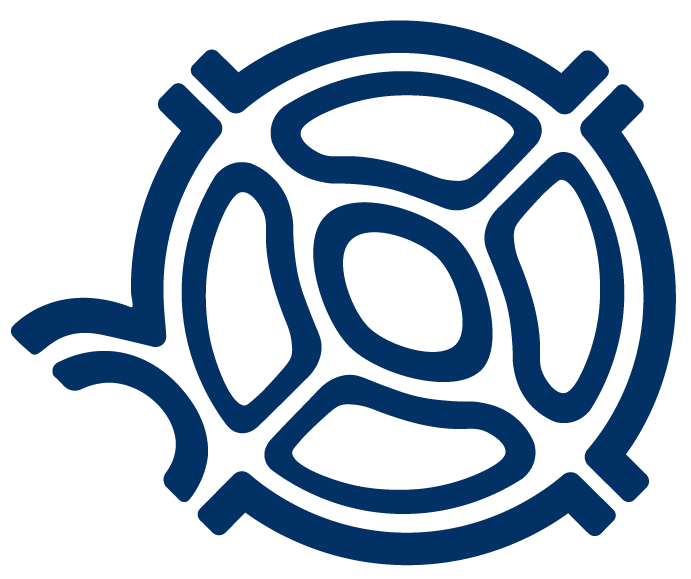Academic Redesign – Alumni Forum and Survey
Zoom Event – Nov 1
Goddard College is requesting feedback from alumni on the current academic redesign. An open forum will be hosted by President Bull and members of the Academic Redesign Task Force on Sunday Nov. 1 at 4p EST. Please click on the “Join Zoom” button to the right to connect. We will discuss the following questions:
- Essential – What are the aspects of the Goddard experience that you consider essential, so central that if they were not present, it would cease to be Goddard?
- Important – What are the aspects of the Goddard experience that you consider important, such that changes would have a significant impact on the experience, but it would still be Goddard.
- Merely Present – What are the aspects of the Goddard experience that are ever-changing. They enhance the experience, but are not central to the Goddard experience?
- What are the aspects of the “future Goddard” experience that you would love to see brought into reality?
Survey
Alternatively, you may submit your ideas or concerns through the survey below. Please also consider the criteria of the redesign (below the survey) in your response.
Criteria for Redesign
-
Transforms academic institutional structures and mechanisms for increased and sustainable equity, justice, decolonization, and pluralism (i.e., diversity plus just power relations) among students, faculty, staff, program leadership, and administration
-
Supports, encourages, and rewards academic innovation and curricular changes in educational practices that situate Goddard as an educational leader for social justice change, decolonial ecologies, participatory action research, and real-world problem-solving
-
Expand the College’s capacity to be a multi-linguistic environment and its engagement of multiple language traditions and communities
-
Maintains and enhances commitment to transformative education
-
Increases options for students in terms of the faculty available to them
-
Creates ways for students to participate in learning opportunities outside of their degree program that are operationally elegant
-
Creates more sustainable faculty and staff workloads
-
Creates a long-term, fiscally sustainable institution, under generally acceptable accounting principles (including predictable costs) that addresses relevant NECHE standards and supports the College’s on-going accreditation status, as well as certification by the US Dept. of Education and other oversight entities
-
Increases the exercise of academic freedom by faculty parameters
-
Encourages more academic innovation and increases the College’s ability to implement academic changes in a timely, cost-effective, transparent, and equitable manner
-
Creates fiscal and academic flexibility to offer non-degree, non-credit, and/or continuing education programming
-
Maintains interdisciplinary culture at the undergraduate level and ease of movement for undergraduate students to change degree programs (i.e. academic majors)
-
Expands undergraduate-graduate fast-tracking options that respect the developmental needs of students and maintains the benefits of an interdisciplinary undergraduate culture for students
-
Maintains the interdisciplinary culture and disciplinary integrity of advanced and terminal degree programs
-
Provides support and professional development for faculty in instructional technology practices and critical engagement in research on teaching and learning
-
Creates program margins of 70 – 80% (variable by program)
-
Creates a financial model that is simple, elegant, and operationally sustainable
-
Creates a college academic leadership structure (e.g., academic deans and administrators) that supports the above goals.
-
Incorporates a college-wide vision and plan for assessment and evaluation (including Assessment of Prior Learning and Progress Reviews).


Responses